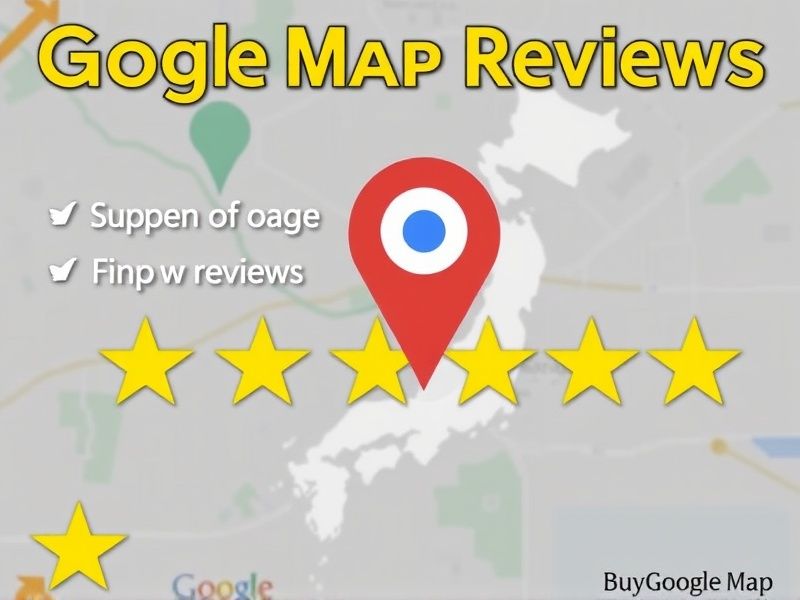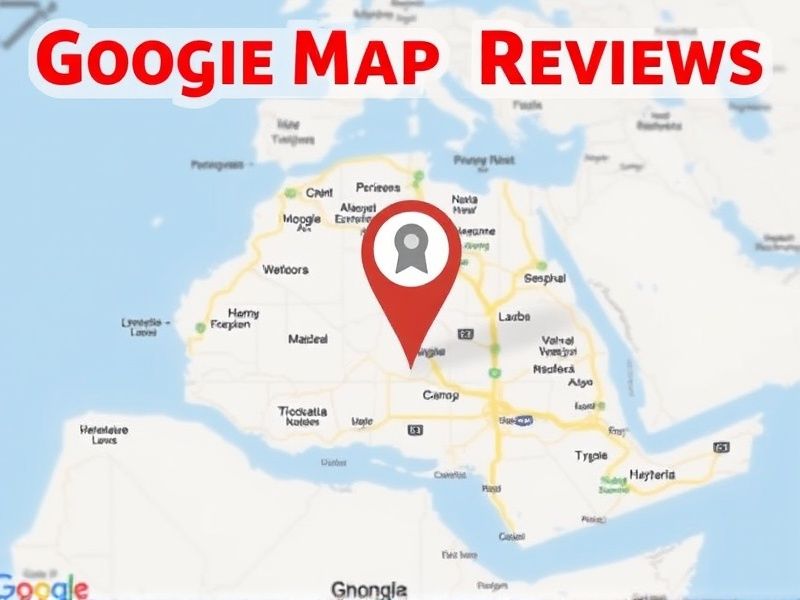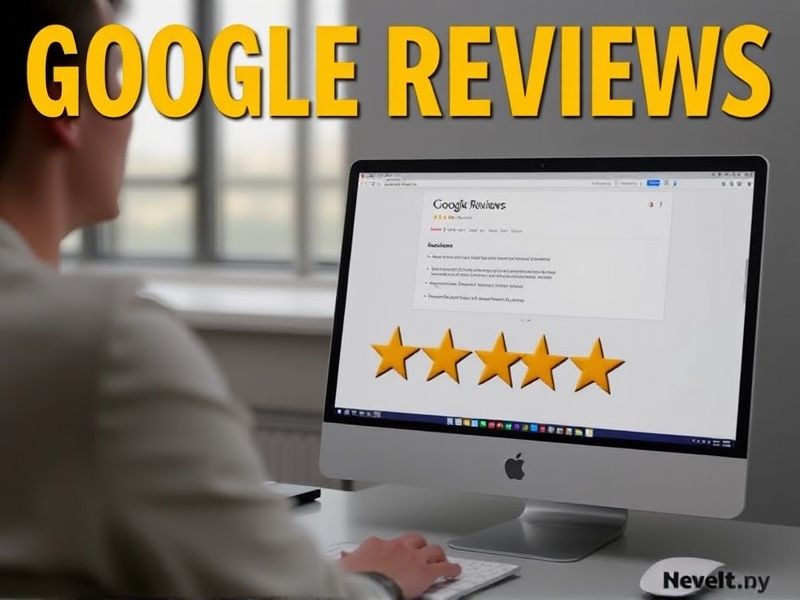Buy Google Map Reviews in JP: Boost Your Business Visibility Instantly
Why Japanese Businesses Can’t Ignore Local Reviews
Let’s face it – when you’re running a business in Tokyo or Osaka, standing out in Google Maps feels like trying to spot a specific salaryman in Shibuya Crossing. That’s where buying Google Map reviews tailored for Japan comes into play. Over 80% of Japanese consumers check online reviews before visiting a store, and guess what? They trust local-language reviews 3x more than English ones. I’ve seen ramen shops in Kyoto double their foot traffic just by optimizing their review profile with culturally relevant feedback.
The Hidden Power of “JP-First” Review Strategies
Here’s the kicker – Japanese customers don’t just read reviews, they study them. A bakery in Fukuoka I worked with noticed something interesting: reviews mentioning “freshly baked aroma” and “polite service” attracted 40% more afternoon tea customers. When you buy Google Map reviews in JP, you’re not just boosting numbers – you’re speaking your customers’ secret language. Pro tip: Look for providers who understand Japanese honorifics (keigo) to make reviews feel authentic.
Choosing Your Review Partner: Not All Services Are Equal
Let me save you from a classic mistake – I once tried a “global” review service that used Vietnamese IP addresses. Big mistake. Google flagged the account within days. The golden rules? Always verify:
- ✅ Real users with Japanese Google accounts
- ✅ Gradual delivery (5-8 reviews/week looks natural)
- ✅ Providers who include photos (Japanese users love food pics!)
A good test? Ask for sample reviews in Japanese – if they use machine-translated phrases like “非常においしい” (which real Japanese would rarely write), run the other way.
Walking the Tightrope: Quality vs Google’s Rules
Here’s where most people slip up. Google’s algorithms are like strict onsen managers – they notice everything. The sweet spot? Maintaining 70% organic reviews while supplementing with purchased ones. One izakaya owner in Shinjuku mixes purchased reviews mentioning specific menu items (“The Hiroshima-style okonomiyaki here reminds me of home”) with real customer photos. Result? 150% increase in weekend reservations without any penalties.
Cultural Nuances That Make or Break Your Strategy
Japanese review culture has unwritten rules you need to know:
| What Works | What Backfires |
|---|---|
| Mentioning seasonal offerings (桜限定メニュー) | Over-the-top praise (sounds fake) |
| Specific compliments on cleanliness | Generic “great service” comments |
A sushi chef friend shared this golden nugget: Reviews mentioning “knife skills” and “fresh wasabi” attract serious foodies, while “cheap” appeals more to students.
Making Purchased Reviews Work Long-Term
Here’s my personal checklist for sustainable success:
- 🌱 Mix new and old review dates (sudden spikes look fishy)
- 🗣️ Respond to every review – yes, even the negative ones
- 📸 Encourage photo uploads with free matcha samples
Remember that time capsule restaurant in Asakusa? They boosted reviews during slow seasons but maintained engagement year-round. Now they’re fully booked during cherry blossom season without extra spending.
When Should You Consider Buying Reviews?
Not every business needs this, but if you’re:
- 🆕 A new opening in competitive areas like Roppongi
- 🔄 Rebranding after COVID closures
- 📉 Losing to competitors with suspiciously perfect ratings
Take the case of a Kyoto ryokan – bought 30 reviews focusing on their garden view and kaiseki presentation. Combined with Instagram promotions, they achieved 90% occupancy within 3 months. The key? Blending purchased credibility with real experiences.
Red Flags You’re Working With Amateurs
From painful experience, watch out for:
- 🚩 Providers offering 100+ reviews overnight
- ⚠️ No option for custom Japanese phrases
- 🔍 Reviews that don’t mention specific staff names
A Osaka boutique got burned using a service that reused the same “cute dresses” comment across multiple accounts. Google wiped their entire review history – don’t let that be you!
The Final Word: Balance Is Everything
Buying Google Map reviews in Japan isn’t about cheating the system – it’s about accelerating what your business deserves. Think of it like seasoning: Too much salt ruins the dish, but the right amount makes flavors pop. Focus on authentic engagement, cultural relevance, and gradual growth. After all, in Japan’s competitive market, sometimes you need that initial push to let your true quality shine through.





Reviews
There are no reviews yet.